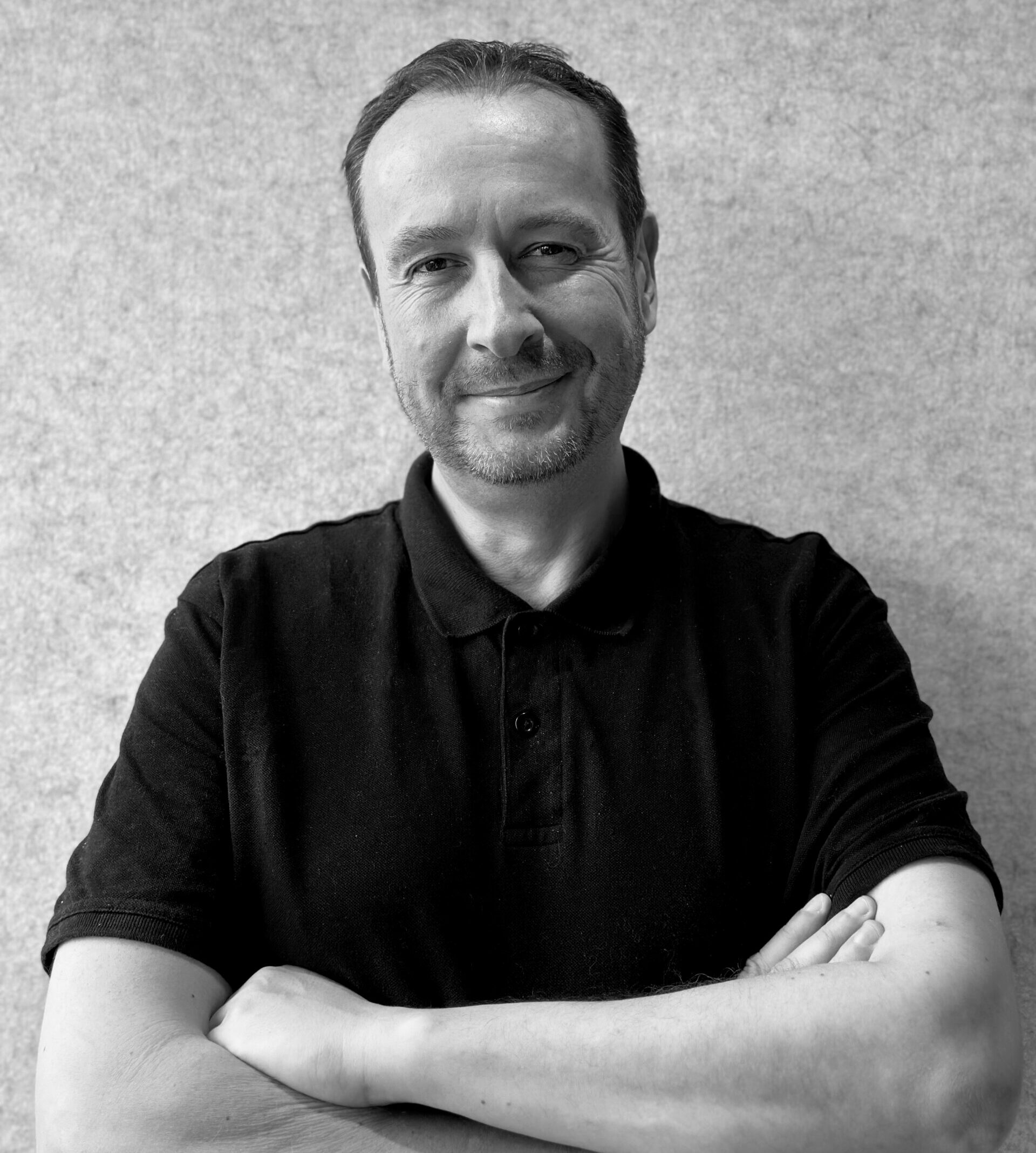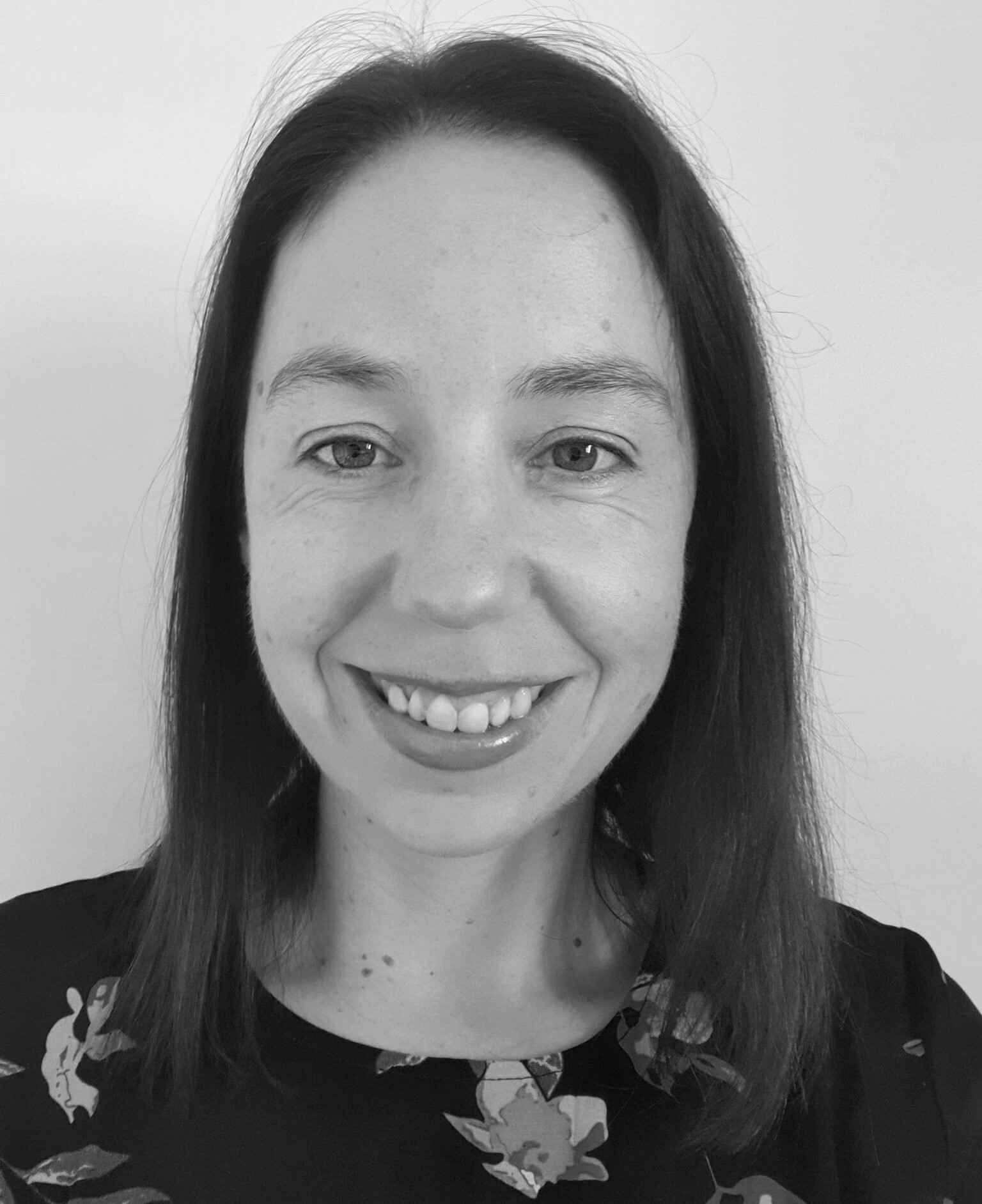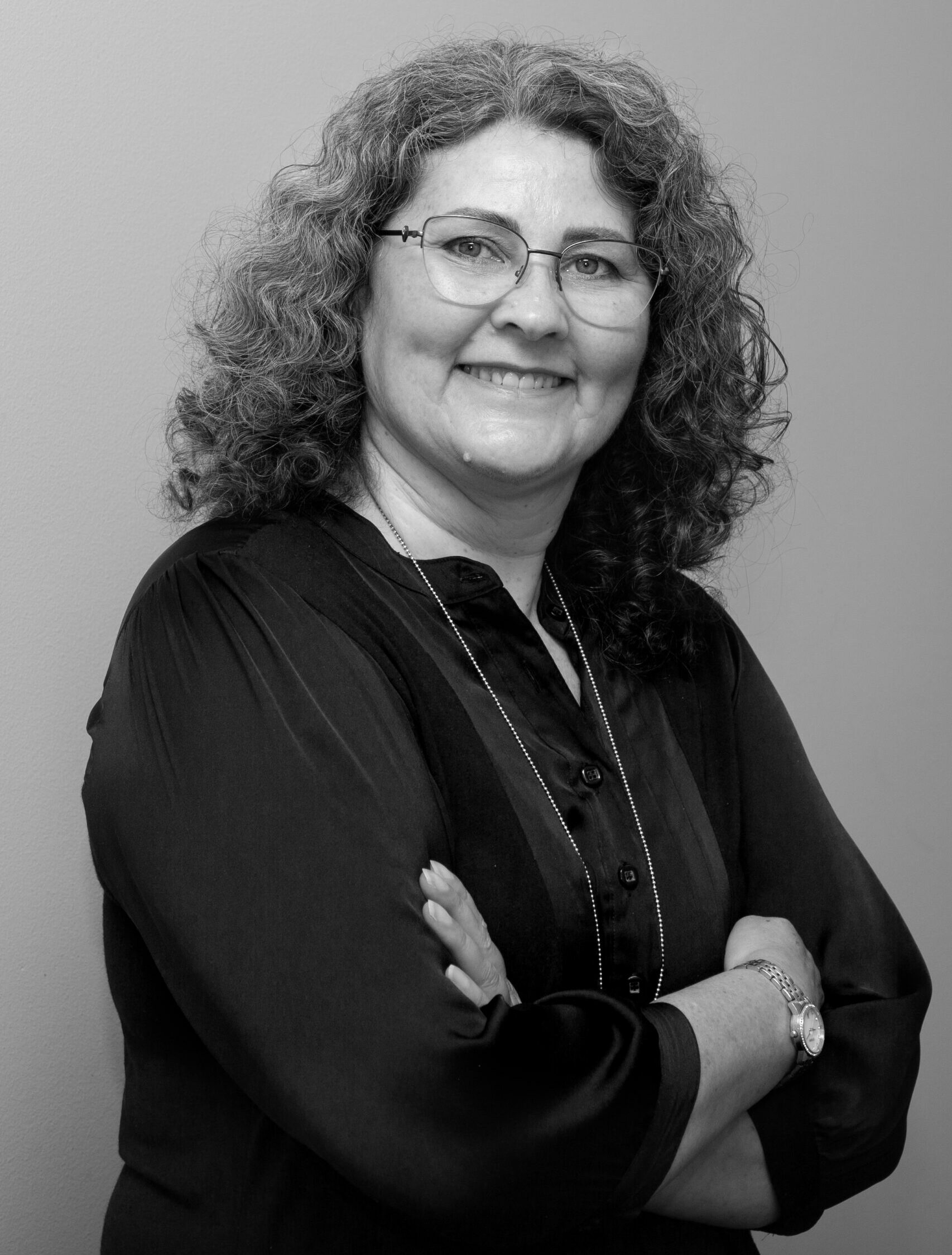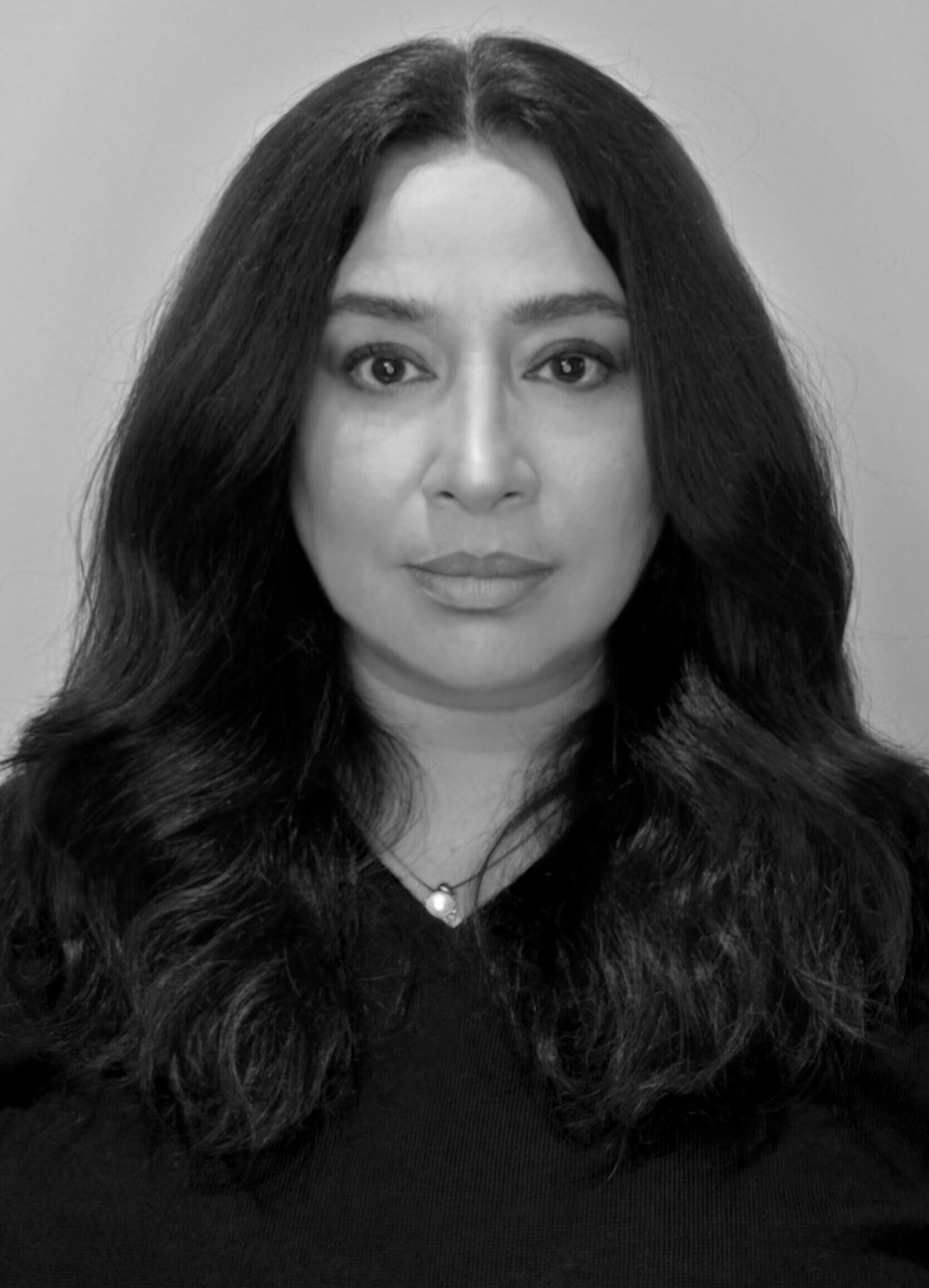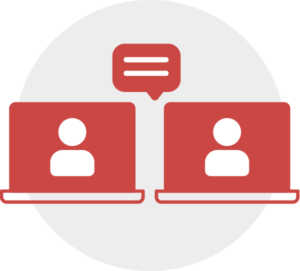
Social anxiety disorder, also known as social phobia, is a common type of anxiety & mental health condition that is characterised by intense fear and anxiety in social situations. People with social anxiety disorder have an intense worry about being judged, embarrassed or humiliated in front of others. This excessive fear can negatively impact daily life and make them dread and even avoid social events. But it doesn’t have to be this way.
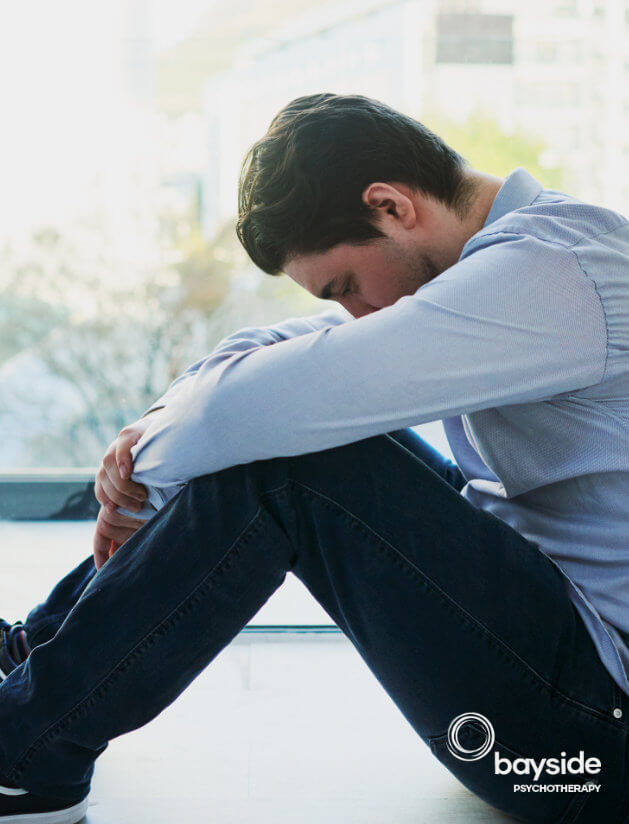
What Causes Social Anxiety Disorder?
Social anxiety disorder typically develops during teenage years but can emerge at any point in life. Risk factors include:
- Genetics – having blood relatives with anxiety disorders
- Traumatic social experiences during childhood or adolescence involving humiliation or invalidation
- Having a discourse of shyness or inhibition reinforced
- Having an overprotective or critical caregiver
People with social anxiety disorder often have distorted negative thoughts about themselves, believing they are inadequate, inferior or unlikable. They may fixate on their anxiety symptoms, fearing that others will notice and judge them for being anxious.
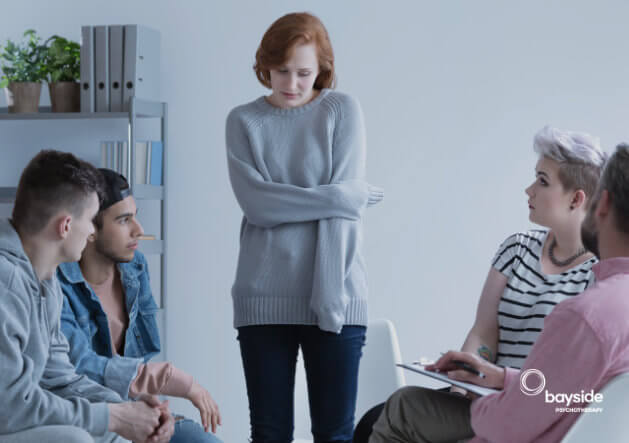
Common Complications Of Social Phobia
Social phobia can lead to depression due to social isolation. Substance abuse may develop as a coping mechanism for social anxiety. Avoiding anxiety-provoking situations can increase isolation and undermine self-worth.
Academic and career potential suffers due to impaired performance in social settings like classes or meetings. Missed social opportunities lead to disconnection from social supports.
In severe cases, agoraphobia can develop, making it difficult to leave home. Seeking professional help can prevent these complications and allow people to overcome social anxiety.
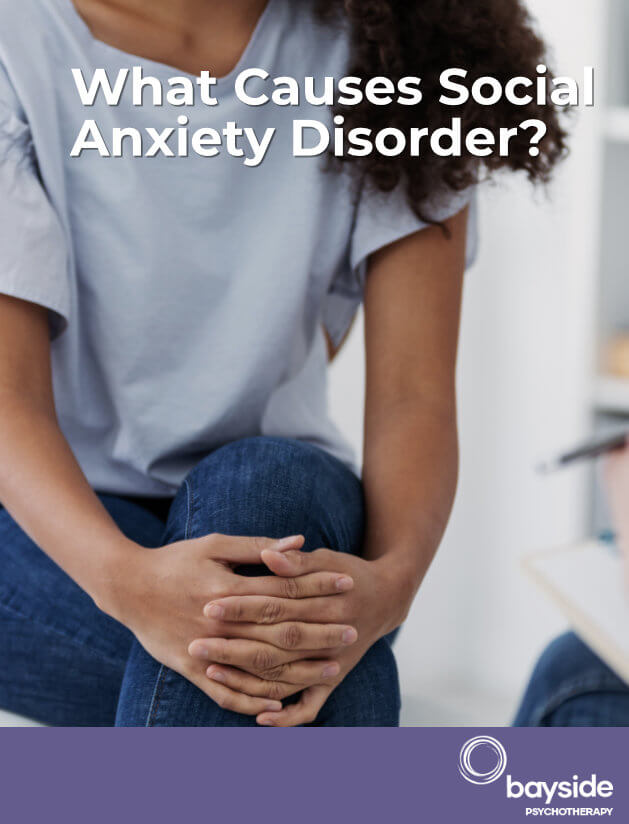
Signs and Symptoms of Social Anxiety Disorder
People with social anxiety disorder experience intense anxiety in certain social situations because they fear being scrutinised or judged by others. Common situations that trigger anxiety include:
- Meeting new people
- Starting conversations
- Being teased or criticised
- Being the center of attention
- Public speaking
- Eating or drinking in front of others
- Using public restrooms
- Attending parties or other social gatherings
Physical symptoms of anxiety may include blushing, profuse sweating, trembling, nausea, rapid heart rate, shortness of breath and lightheadedness. Sufferers may experience anxiety symptoms weeks or months before an anticipated feared situation.
Some people have such high levels of anxiety that they completely avoid many social situations, isolating themselves from others.
Need social anxiety therapy?
Start Now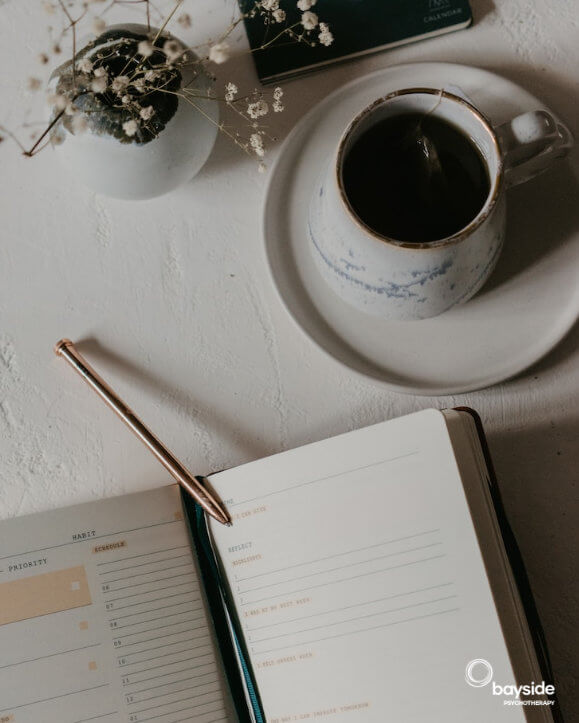
Seeking Treatment For Social Anxiety Disorder
There are effective treatments available to help people with social anxiety disorder manage their symptoms and improve their ability to function in social situations. Cognitive behavioural therapy is one option that can help modify distorted negative thought patterns and develop healthy coping strategies. Gradually exposing patients to feared social situations through exposure therapy in a safe, controlled environment can also help desensitise them to triggers of anxiety.
Social skills training that focuses on building communication and social skills can also be beneficial. Joining support groups can provide understanding, encouragement and advice from others facing similar challenges with social anxiety disorder. Discuss with your health professional. It is crucial to personalise treatment.
The approach applied may include one or a combination of Buddhist Psychotherapy, Psychoanalytic Psychotherapy, NLP, Hypnotherapy and other counselling methods. With regular evaluations to ensure you are progressing well, our therapists will work with you to determine your ideal social balance and introduce strategies to help you attain it.
You can meet with one of our practitioners online via secure video conferencing, or in-person at our Highett clinic. Please call us on (03) 9557 9113 or use our contact form to find out how we may be able to help you enjoy your social life again. Your call or email is completely confidential, and there’s absolutely no obligation. It’s easy to book online.
How Can Social Anxiety Treatment Help?
Social anxiety disorder, also known as social phobia, can make life very difficult. The intense anxiety, fear or panic some people feel in social situations can be extremely debilitating. Avoiding school, work, parties and other social gatherings is common. However, there are many ways to manage social anxiety and regain control.
While social anxiety treatment takes time and commitment, gaining knowledge about the condition and available options puts you on the path to recovery. Arm yourself with an arsenal of techniques like deep breathing, positive thinking exercises and social skills training. Take small steps to increase social activity at your own pace. Hypnotherapy helps promote confidence and relaxation, whereas depth psychotherapy aims to address the cause of your social anxiety symptoms.
Rather than allow social anxiety disorder to limit life, seek help to build confidence and resilience. The possibilities are endless once social fears no longer stand in the way. Take control today and start down the road to reducing anxiety and boosting social, occupational and interpersonal success.
Bayside Psychotherapy – Melbourne Social Anxiety Treatment & Counselling
Do you have any questions for us? Get in touch with us through our online contact form.
Call Bayside Psychotherapy on (03) 9557 9113 to find out if we’re able to help you. Your call is completely confidential, and there’s absolutely no obligation.
You can also book an appointment by using our online booking form for online appointments. Or, if you prefer, you can book an in-clinic session.
Self-hypnosis may also work well when used in conjunction with counselling. You can download our Social Phobia Self Hypnosis recording from our website.
Note: Whilst we will do our best to assist you, we will rely upon your commitment to and participation in the treatment process to optimise results. Although some of our therapists work with people presenting with this condition, no guarantees of any outcomes can be made.



